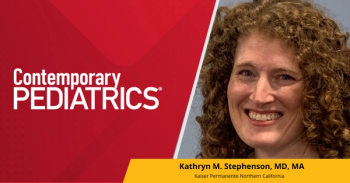
Less than 1/3 of pediatricians implemented recent peanut allergy guidelines
The 2017 guideline update represented a paradigm shift in tackling peanut allergies. An investigation takes a look at how well pediatricians have implemented the change.
The treatment of peanut allergies has changed over the years and the 2017 guidelines to prevent peanut allergies represented a paradigm shift due to the recommendation to introduce peanuts much earlier. An
Investigators used a 29-item electronic survey instrument. They sent invitations for the survey to all pediatricians listed in an American Academy of Pediatrics vendor database and the response period ran from June 2018 to December 2018. Any non-retired, US-based pediatrician who provided care to infants aged 12 months or younger were eligible to be included.
The survey was completed by 1781 eligible pediatricians. Many of them identified themselves as white (1287) and female (1210). The vast majority (1725) said that they were aware of the new guideline updates. Among the pediatricians who said they were aware of the guidelines, 497 said that they fully implemented the 2017 guidelines and 1105 indicated that they had partially implemented the guidelines. Barriers to implementation included uncertainty in understanding and appropriately using the guidelines (521), conducting in-office supervised feedings (509), and concern about allergic reactions from parents (575). A majority of the pediatricians (1175) indicated that they felt the need for more training on the guidelines.
The researchers concluded that most pediatricians were aware of the guidelines and knew them, but less than 30% of them stated the guidelines had been completely implemented. The investigators believe that these results could be useful in reducing obstacles with future guidelines and implementation of those guidelines.
Reference
1. Gupta RS, Bilaver LA, Johnson JL, et al. Assessment of pediatrician awareness and implementation of the addendum guidelines for the prevention of peanut allergy in the United States. JAMA Netw Open. 2020;3(7):e2010511. doi:10.1001/jamanetworkopen.2020.10511
Newsletter
Access practical, evidence-based guidance to support better care for our youngest patients. Join our email list for the latest clinical updates.






